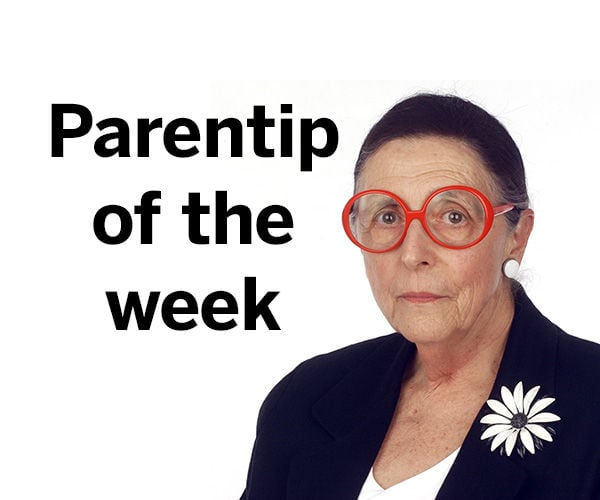The American Academy of Pediatrics just announced a new initiative. Motivated by recent violent events, pediatric experts will convene to address “gun violence as well as the underlying contributors of racism, religious intolerance, homophobia, xenophobia, terrorism or any other form of intolerance.”
“Pediatricians may not be able to solve these problems … which leave in their wake fear and mistrust, confusion, anger, and deep sorrow … but pediatricians know children best.”
Yes, we do and, sadly, we know the effects of violence and intolerance on children. We know what a traumatic experience — like watching a loved one who was shot four times bleed to death in front of your eyes — does to a child. We know what chronic exposure to destructive aspects of our society, like racism, can do to a child.
I applaud the academy for this endeavor. But let’s not wait for the AAP report. Parents know kids pretty darned well, too, and are the first responders when their children are troubled or scared by what they see and hear.
Your first task is to comfort your child. Whether your child is upset by a personal painful reality or hears about a frightening public event, your approach should be the same. Always be honest about what has happened, model how to deal with strong feelings like pain, horror, disbelief, or fear. Encourage the child to talk about what has happened and the feelings it evoked. Empower your child. Doing something — writing a card, drawing a picture, laying flowers on a memorial — is a healthy way to grieve.
Comforting your children is not enough. Let’s begin at home, one family at a time, to help deal with the bigger issue, a nation torn by the two interrelated problems of violence and intolerance. What can parents do? Let’s vote thoughtfully. Let’s vote for those who support children and families. Let’s vote for those who support gun control and funding for mental health.
But we have to do more. Let’s all look within to see what hidden prejudices lurk. Stop any thoughtless language you use in referring to an “other.” Ask yourself how any possible prejudices might have arisen. Do they really make sense? More important don’t you want to raise your child to get along with all the “others” in today’s globalized world?
Respect is vitally important to weaving the social fabric that holds us together and it starts at home. Children must first be treated with respect in order to learn how to treat others respectfully. I think of this as an unwritten 11th commandment, Respect thy children. Even though you are in charge and have to tell your kids what to do and what not to do many times a day, do it with respect. Be courteous to your children and respect their feelings. Teach your children the skills of respect: empathy, fairness, tolerance, and how to embrace diversity.
Build on the innate empathy of babies who will crawl to pat a crying child. Use the question, “How would you feel if …?” frequently. Watch TV together if the content is suitable for your child’s age and discuss how the bereft and frightened people must feel.
The message we must convey is that every human being is alike in the sense that every human being feels pain when wounded or grief when confronted with loss. Shylock in the “The Merchant of Venice” recites Shakespeare’s eloquent words, “If you prick us, do we not bleed ? If you tickle us, do we not laugh? if you poison us, do we not die? and if you wrong us, shall we not revenge?”
Jew or Christian, suspect or police officer, each and every one of us feels pain. And this pain can lead to revenge, so we end up with even more violence and intolerance.
Make every effort to connect with others. This is a difficult task today when divisiveness is as American as apple pie. But talk to each other. Talk to other parents. Be active in neighborhood and school activities.
Be there for your child. Be there for your neighbor. Reach out to people in your community who need help. Remember the words of Dae-Dae Reynolds, age 4, who watched her mother scream in anguish after they both witnessed the fatal shooting of Philandro Castille. The little girl said, “It’s OK, I’m right here with you.”
If a 4 year old who just witnessed a slaying can be right there for her Mommy, we all can be there for someone who needs us. Let’s respect each other, connect with each other, and be there for each other.





